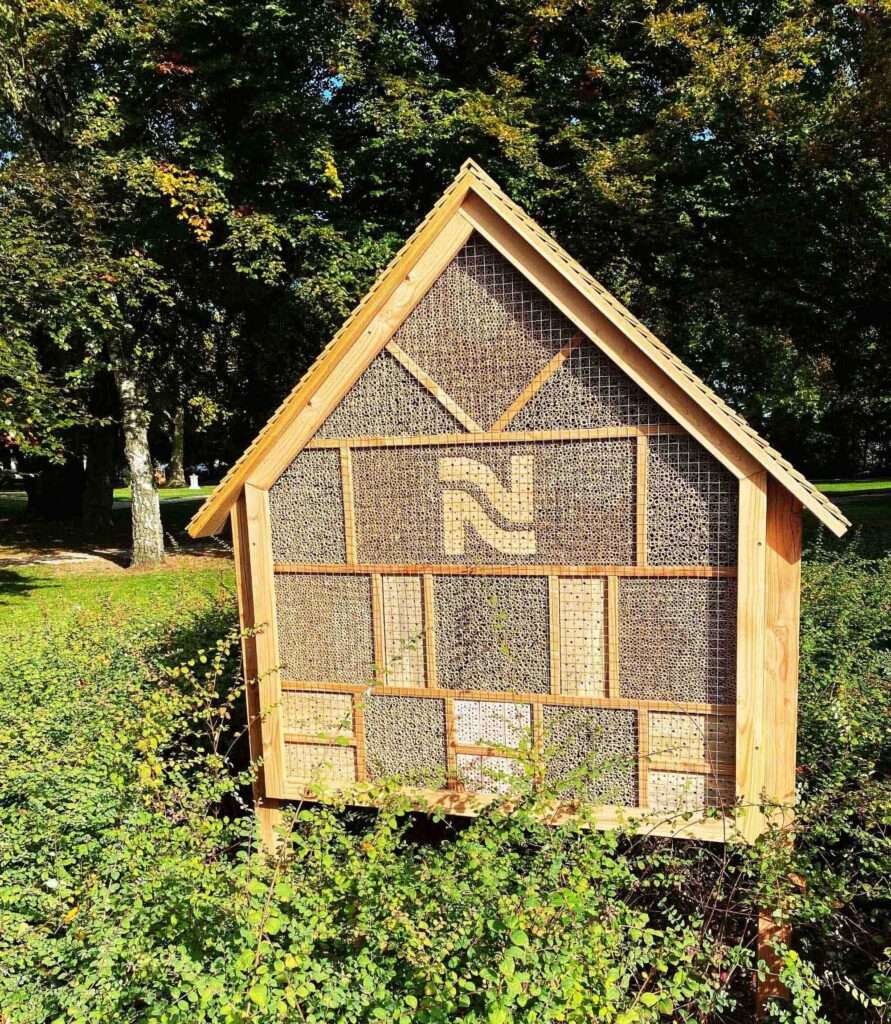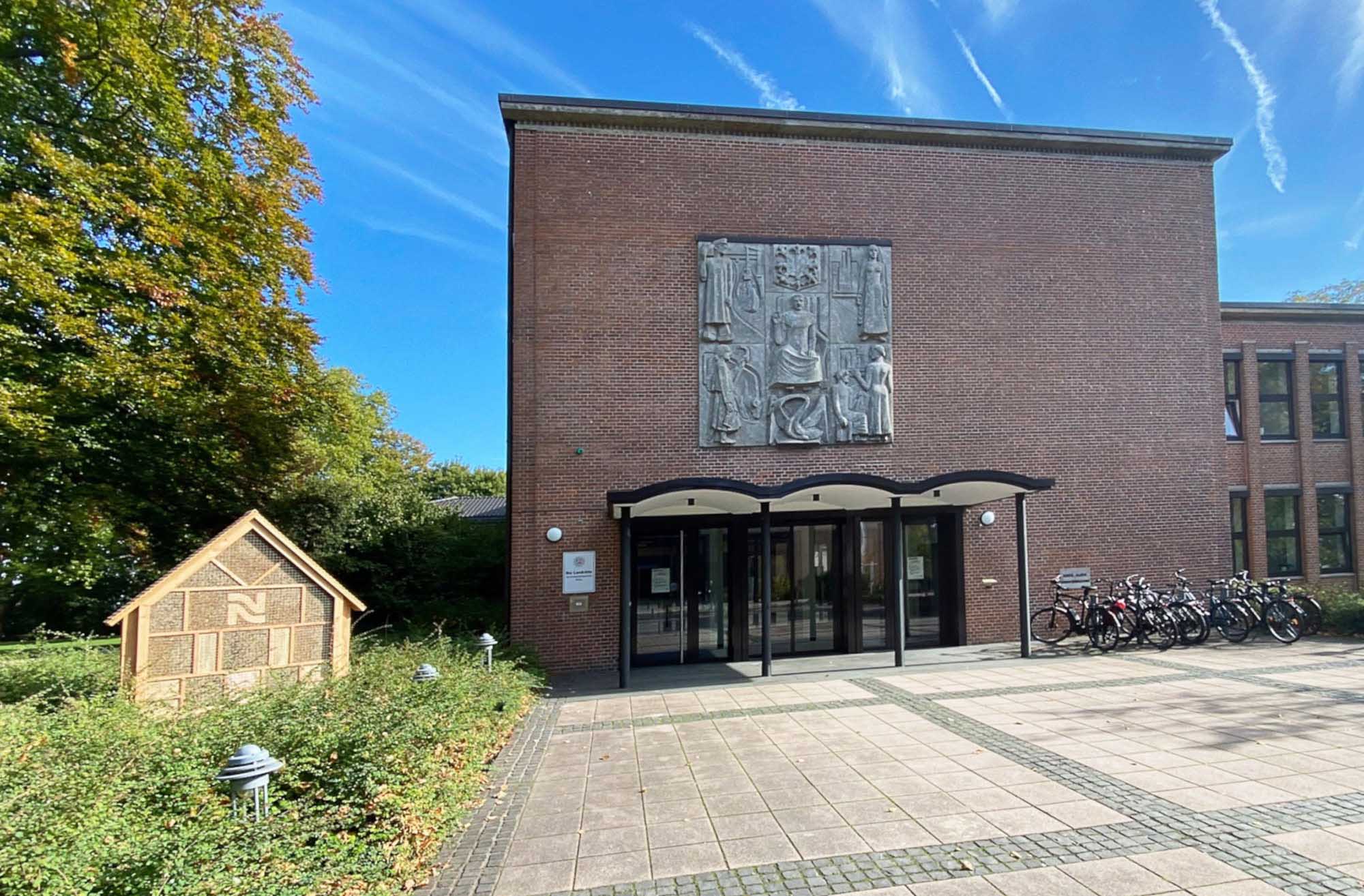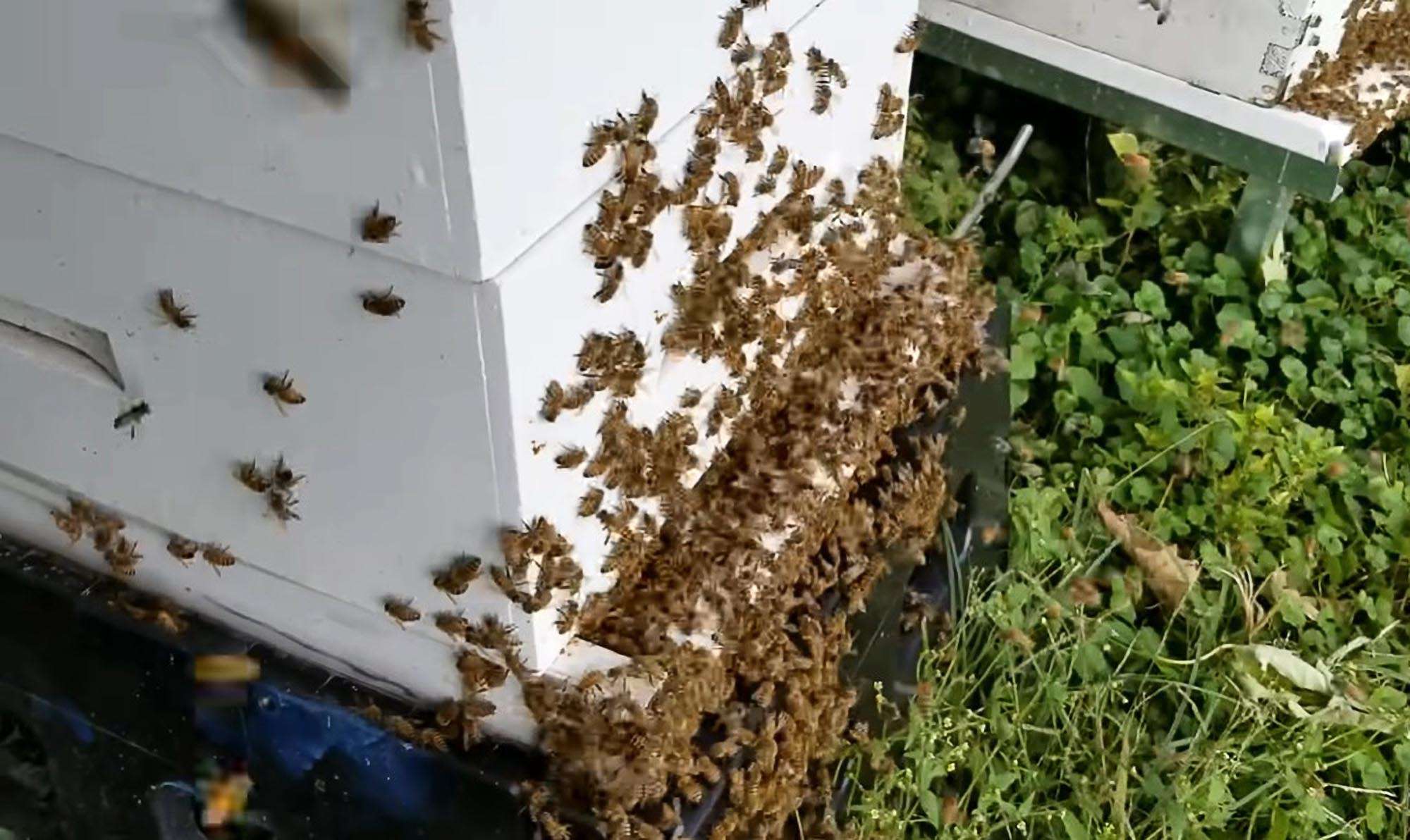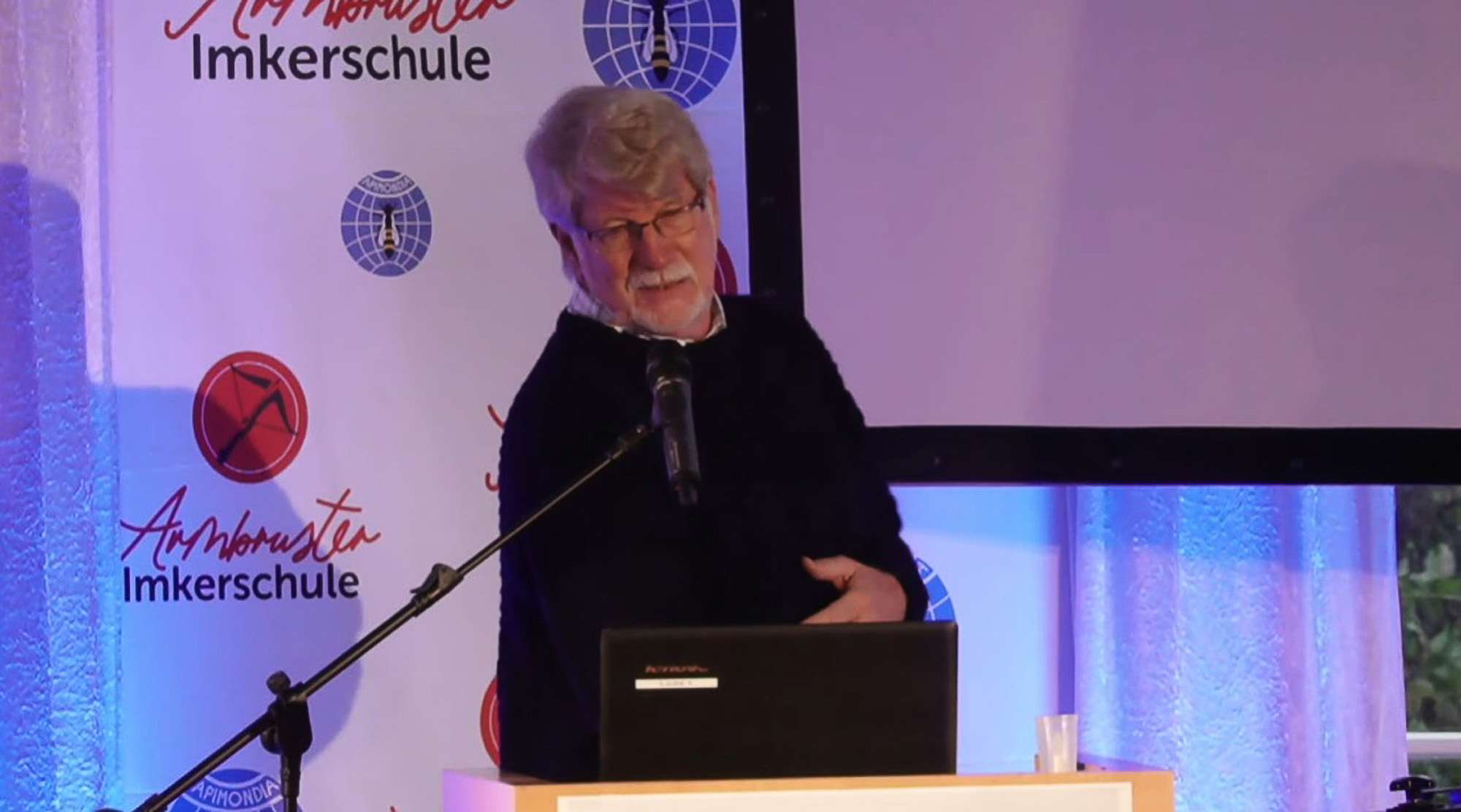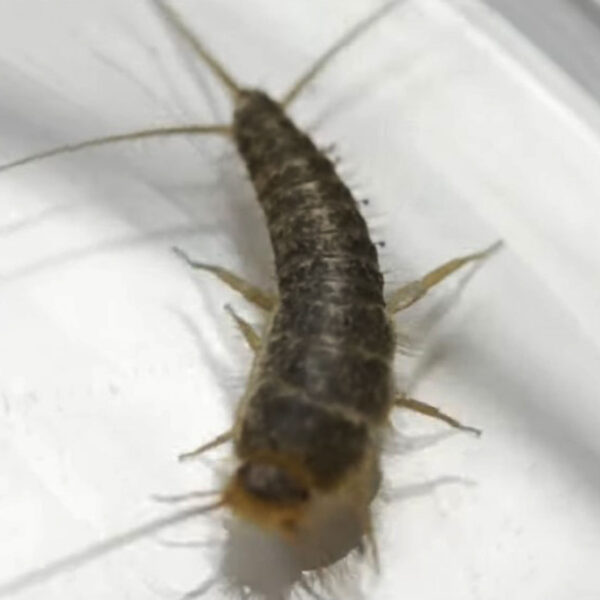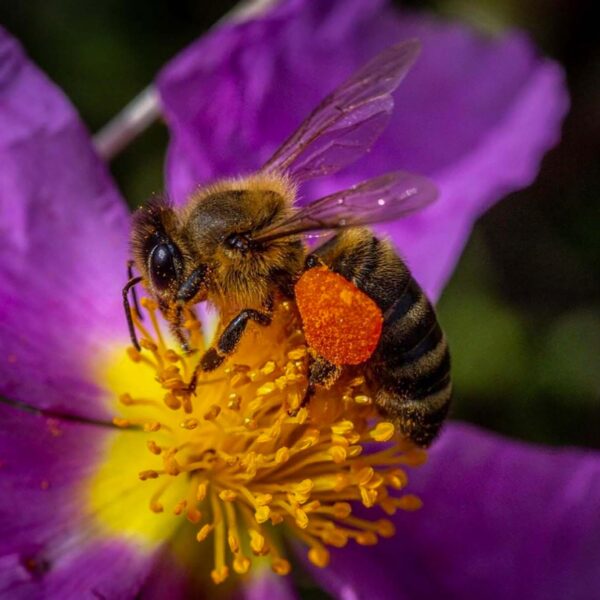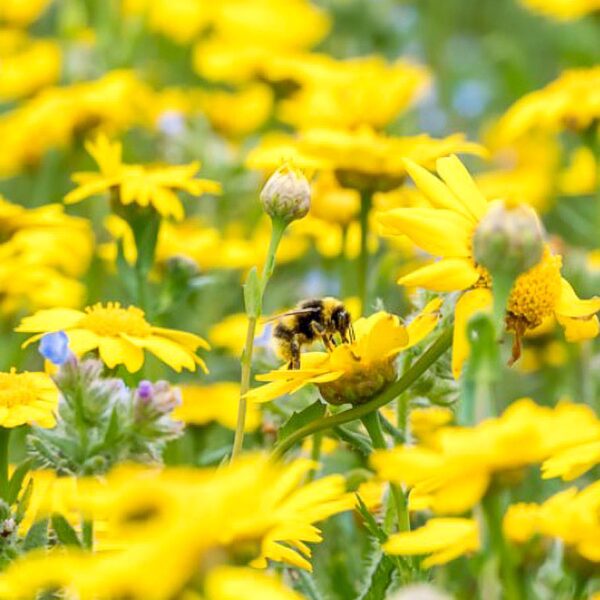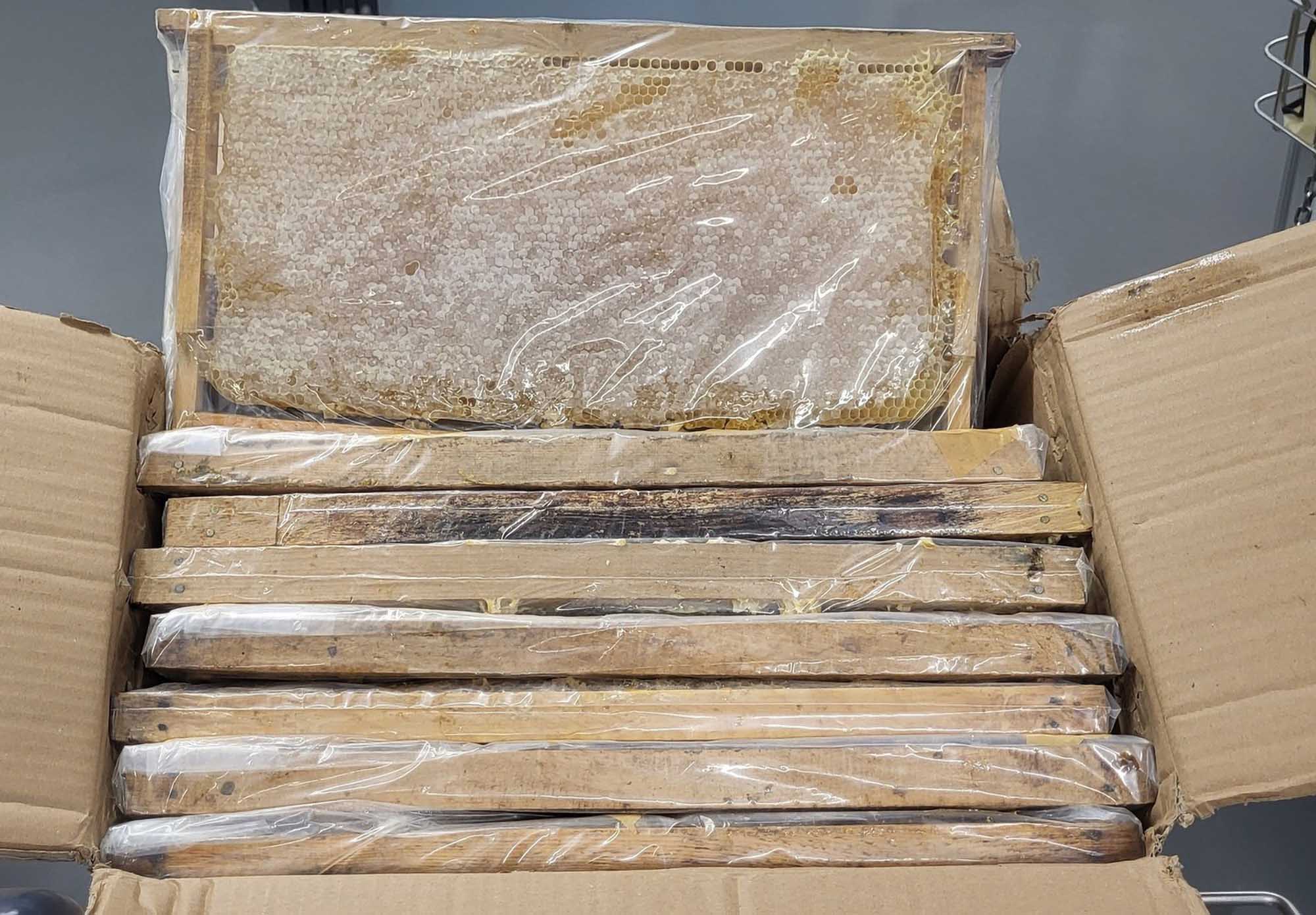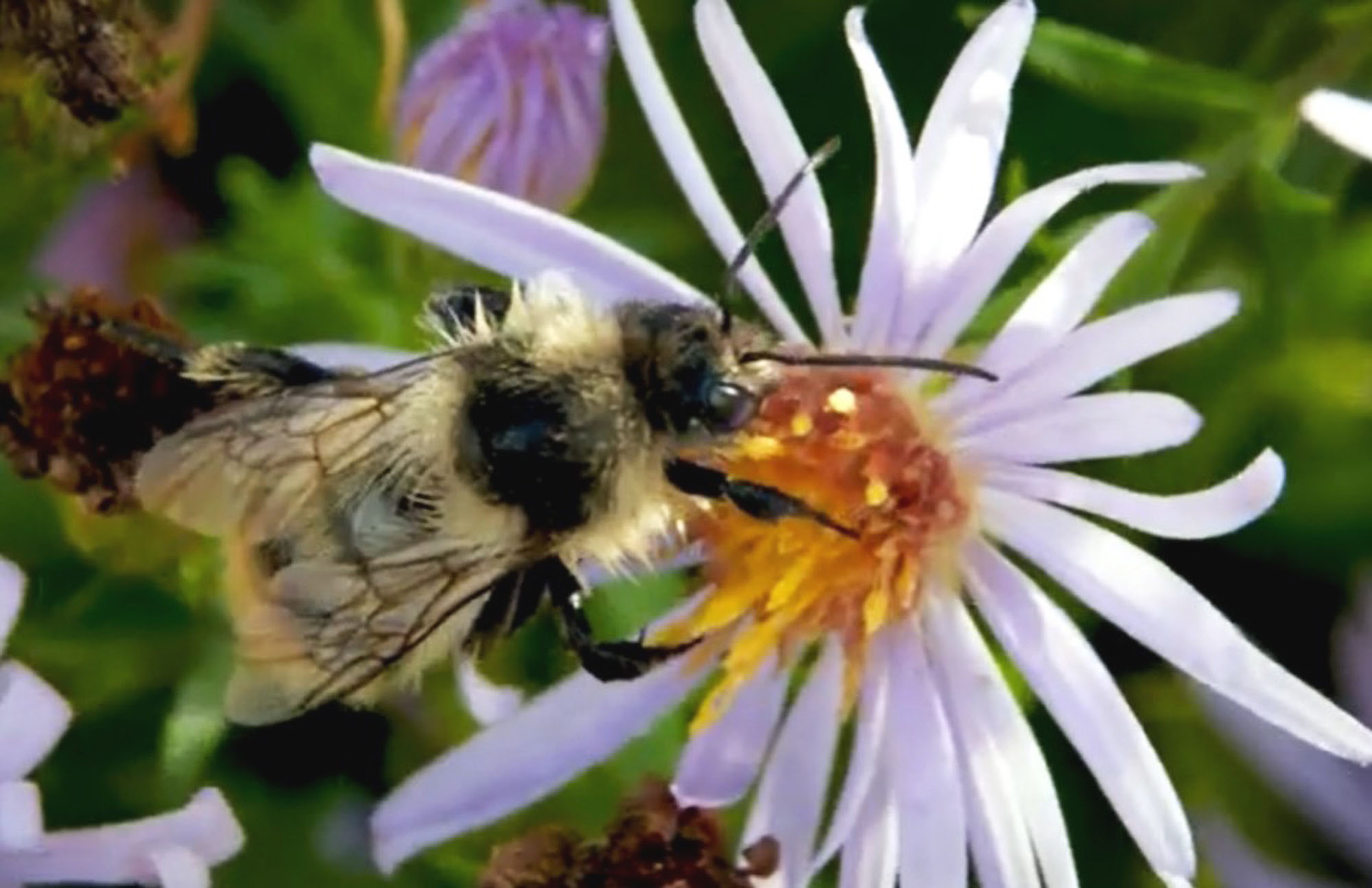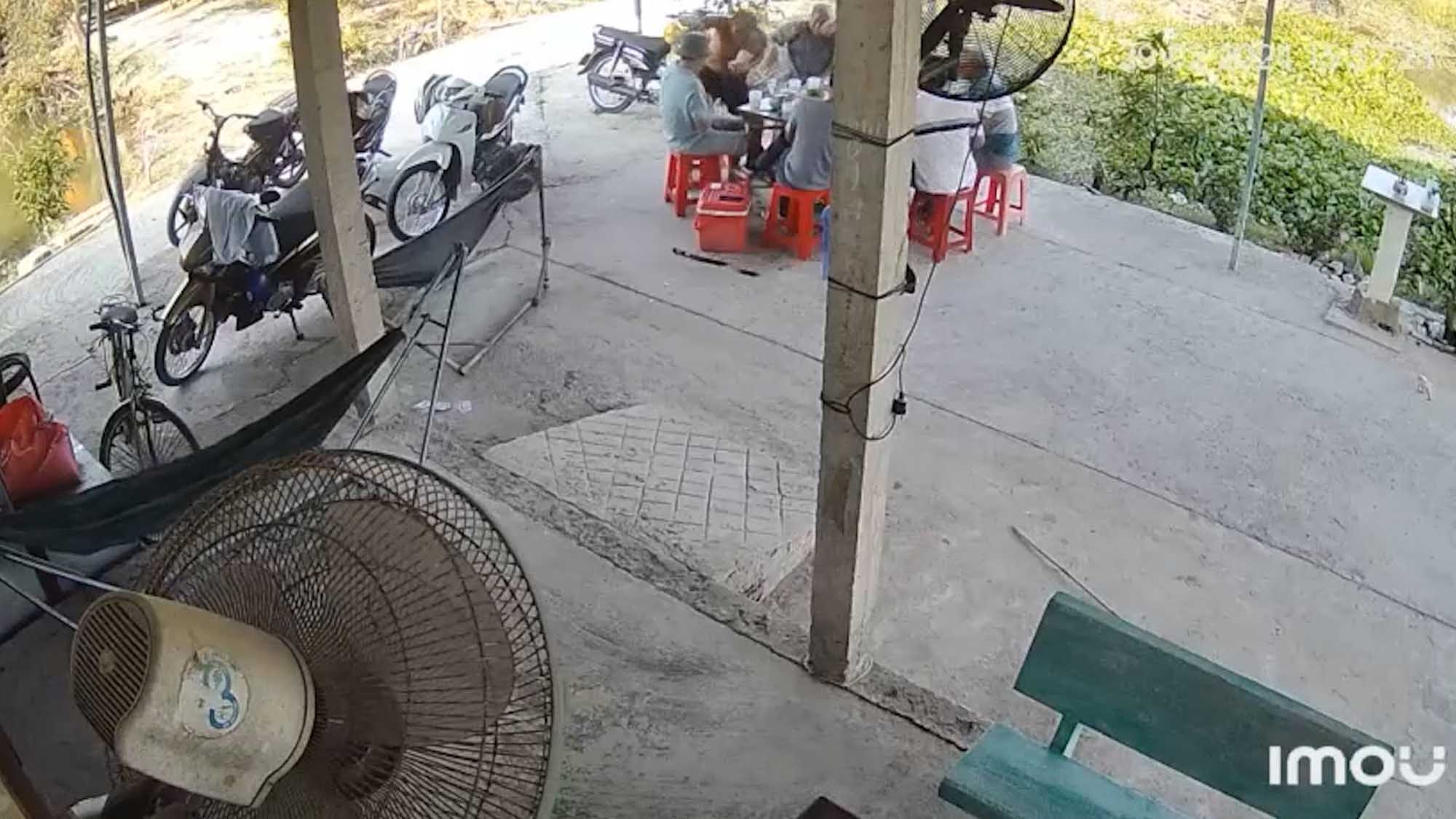Lawmakers in western Germany have agreed on installing more than a dozen nesting spots to ensure the existence of solitary bees which are important pollinators.
Solitary bees such as carpenter bees and leafcutter bees are often referred to as wild bees. They do not produce beeswax or honey. However, solitary bees are essential when it comes to ensuring balanced ecosystems as they act as pollinators of numerous plants and plants.
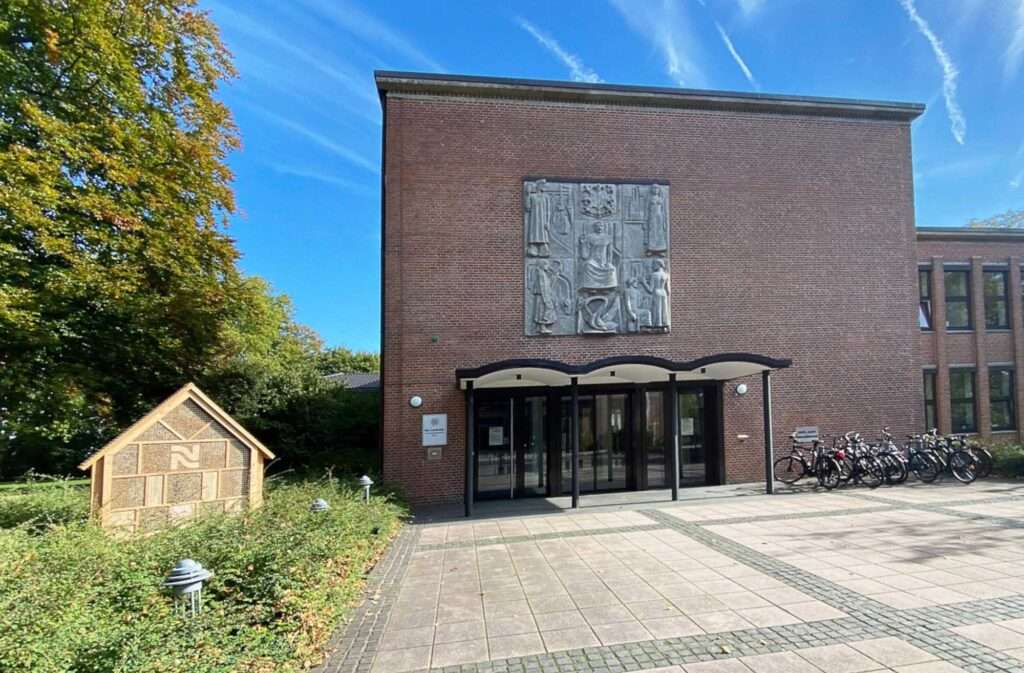
Now the government council in the Kleve region in North-Rhine Westphalia announced that three large and 10 small so-called bee hotels would be set up all over the region.
The wooden structures will be set up at public buildings such as schools but also at Oermter Berg hill and in the garden of the Schmithausen House, a Late Baroque Castle.
There are more than 20,000 different bee species in the world. While the western honeybee – which lives in colonies – might be the best-known bee species, the vast majority of them are solitary bees.
Some types of solitary bees are digging nests into the soil. Others are setting them up in the hollow twigs of trees. Deadwood and unmowed grasslands are offering ideal nesting opportunities.
